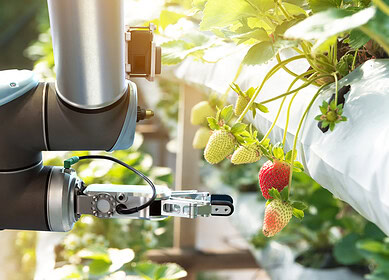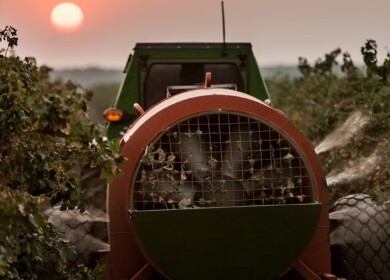Precision agriculture helps to reduce nitrogen levels and protects the environment

In an era where environmental conservation intersects increasingly with agricultural practices, farmers are adopting more precise fertilizer placement strategies, significantly reducing input costs while safeguarding natural resources. At the forefront of this movement is Mark Schleisman, a Farm Bureau member from Calhoun County, who has seen a 50% reduction in nitrogen levels on his farm through the implementation of grid sampling, yield monitoring, and the use of cover crops.
This shift towards precision agriculture was a key topic at the Commodity Classic 2024, held in Houston on February 29, where a panel comprising farmers and agricultural experts highlighted the dual benefits of precision fertilizer placement and conservation practices. These methods not only bolster the financial bottom line for farmers but also sustain yields and contribute positively to the environment by reducing nutrient usage.
Laura Gentry, Director of Water Quality Science with the Illinois Corn Growers Association, emphasized the broader environmental concerns associated with traditional farming methods. Through the Precision Conservation Management (PCM) program, Gentry and her team are assisting farmers in integrating precision technology and data management to enhance both financial outcomes and environmental stewardship.
Statewide initiatives such as the Iowa Nutrient Reduction Strategy have amplified efforts to minimize nutrient losses to critical water sources, reflecting a growing acknowledgment within the farming community of their role in environmental conservation. These strategies, including the adoption of cover crops, strip tilling, and more efficient nutrient application timing, are proving effective in not only reducing input costs but also in mitigating environmental impact.
Farmers like Schleisman and Andy Jobman from Gothenburg, Nebraska, have become advocates for precision agriculture, sharing their successes in reducing input costs and improving soil and water quality. Their experiences underscore the importance of adopting tailored conservation practices that fit individual farm needs and management styles, ensuring both economic viability and environmental sustainability.
As the agricultural sector continues to evolve, the message is clear: by embracing precision agriculture and conservation practices, farmers can play a pivotal role in safeguarding the environment for future generations while also enhancing their own economic resilience.
Enjoyed this story?
Every Monday, our subscribers get their hands on a digest of the most trending agriculture news. You can join them too!















Discussion0 comments